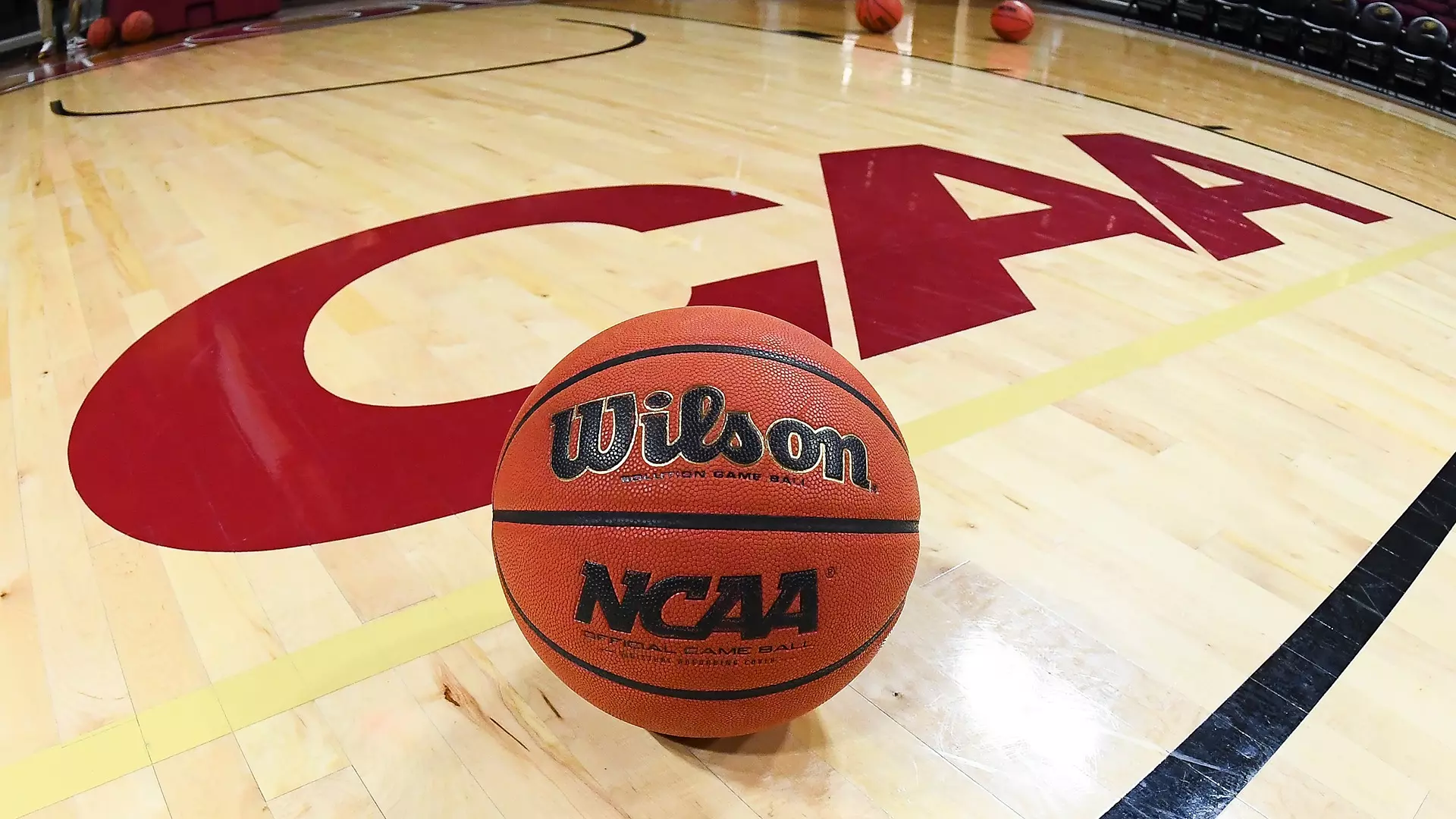From Olympic Talk:
Star sprinter Sha’Carri Richardson tested positive for marijuana after winning the U.S. Olympic Track and Field Trials 100m, was banned one month and is disqualified from racing the event at the Tokyo Games.
“I want to take responsibility for my actions,” Richardson said on TODAY on Friday. “I know what I did. I know what I’m supposed to do and am allowed not to do, and I still made that decision. I’m not making an excuse. I’m not looking for any empathy in my case.”
Richardson accepted a one-month ban, retroactively dated to June 28, according to the U.S. Anti-Doping Agency.
Marijuana is banned in competition — but not out of competition — under the World Anti-Doping Agency (WADA) Code.
For a positive test at a competition, if an athlete establishes that it was ingested out of competition and unrelated to sport performance, the ban is three months. In that case, the ban can be reduced further to one month if the athlete completes a substance of abuse treatment program, according to a 2021 WADA update on substances of abuse that are “frequently abused in society outside the context of sport.”
Richardson completed a counseling program.
Richardson’s positive test from Trials disqualifies her from the 100m at that meet, meaning she is off the Olympic team in that event even though her ban ends before the Olympic 100m starts. USA Track and Field has not said if she is also disqualified from consideration for a 4x100m relay pool spot.
Richardson was asked if she’s hopeful to be allowed to compete at the Olympics in the relay.
“Right now, I’m just putting all of time and energy into dealing with what I need to do with myself,” she said. “If I’m allowed to receive that blessing, then I’m grateful for it. But if not, right now, I’m really just focused on myself.”
Later Friday, USA Track and Field released a statement saying, “Richardson’s situation is incredibly unfortunate and devastating for everyone involved. Athlete health and well-being continue to be one of USATF’s most critical priorities and we will work with Sha’Carri to ensure she has ample resources to overcome any mental health challenges now and in the future.”
Richardson, 21, won the Olympic Trials 100m on June 19, running 10.86 seconds into a headwind. Ninety minutes earlier, she clocked 10.64 seconds with slightly too much tailwind for record purposes. She ran 10.72 on April 10, the fastest wind-legal time for an American in nearly 10 years.
She ranks second in the world this year behind two-time Olympic champion Shelly-Ann Fraser-Pryce of Jamaica. Fraser-Pryce ran 10.63 on June 5 to become the second-fastest woman in history after Florence Griffith Joyner.
Richardson confirmed Friday that she ingested marijuana after learning that her biological mother died days before the Olympic Trials. Richardson was in Oregon, where marijuana is legal.
“That sent me in a state of mind, in a state of emotional panic, if anything,” she said. “During all that, I still, even though I’m here, I still have to go out and put on a performance for my dream.”
Richardson became a sensation, eclipsing one million Instagram followers and getting social media shout-outs from celebrities including Michelle Obama.
Richardson surprisingly scratched the 200m later in the Olympic Trials despite ranking third in the world for the year at the time, and first among Americans. She declined to say why she scratched when speaking in a virtual press conference on June 22.
Richardson was scheduled to race a 200m in Stockholm on Sunday, but her name was taken off the entry list Thursday before the Jamaica Gleaner first reported her positive test. A meet official said she “canceled her participation.”
Jenna Prandini finished fourth in the Olympic Trials 100m and is in line to take Richardson’s place in the event. Prandini later made the team in the 200m, placing second.
Substances are banned because they meet two of three criteria: a health risk to athletes, the potential to enhance performance and violating the spirit of the sport.
In 2011, WADA published reasons why marijuana is banned, stating, “Athletes who smoke cannabis or Spice in-competition potentially endanger themselves and others because of increased risk taking, slower reaction times and poor executive function or decision making;” “based on current animal and human studies as well as on interviews with athletes and information from the field, cannabis can be performance enhancing for some athletes and sports disciplines” and “use of illicit drugs that are harmful to health and that may have performance-enhancing properties is not consistent with the athlete as a role model for young people around the world.”
A substance banned “in competition” but not “out of competition” means it is prohibited from 11:59 p.m. on the day before a competition through the end of the competition and sample collection process related to that competition.



